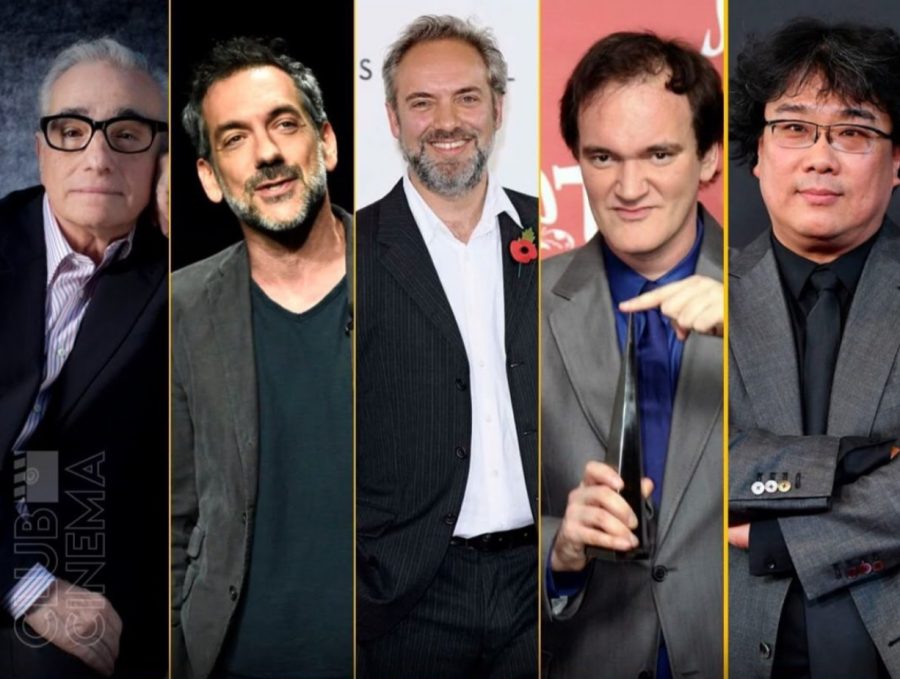The Oscars say farewell to female directors
“And here are the all-male nominees,” said Natalie Portman at the 2018 Golden Globes while introducing those nominated for Best Director.
“These four men and Greta Gerwig created their own masterpieces this year,” said Emma Stone that same year, following in Portman’s footsteps while announcing Best Director nominees at the 2018 Oscars.
“Congratulations to those men,” said Issa Rae this year after the 2020 Oscar nominees for Best Director were announced.
It has been two years since Portman’s original quip, and unfortunately, nothing has changed. Lulu Wang’s The Farewell as well as Greta Gerwig’s Little Women were both strong contenders for several awards at the Golden Globes and Oscars this year. Despite the overwhelming success of both films, neither of these women were considered for Best Director at the Oscars.
The nominees for best director this year include: Bong Joon-ho for Parasite, Martin Scorsese for The Irishman, Quentin Tarantino for Once Upon a Time in Hollywood, Sam Mendes for 1917, and Todd Phillips for Joker.
Not only are these entirely male-directed films, but ones with male-centric storylines, excluding Bong’s Parasite. Many people have commented on the outdated mindset that seems to be shared by those chosen to decide award nominees. In many interviews, actors and directors have expressed their frustration at the lack of diversity among these panels.
Movies as important and moving, as well as technically and visually stunning, as Little Women and The Farewell not being considered for Oscars is absurd. I have seen multiple comments (from mainly white men) on twitter who have expressed that they do not think the color of a director’s skin or their gender matters, because all movies are judged based on their content, not the creator. However, women and people of color who create movies have personal experience that translates into their movies in ways that cannot be portrayed by a white man.
The nominees for Best Director consisting of only men highlights how men judging these movies are identifying themselves more with a film such as Joker instead of Little Women. Obviously, this makes sense. When I first watched Lady Bird, I instantly connected with the film in ways I could never connect to a movie made by men, for men. The issue here is clear: there needs to be a more diverse group of people judging these movies, because stories of non-white females are being told and going unrecognized.
It should be noted, however, the large step in the right direction for non-white directors and actors with Parasite being nominated for so many awards. Bong Joon-ho crafted a story about lower/middle-class South Korea that probably would not have received recognition in past years.
Although there is progress being made in one corner, we are seriously regressing in another. Greta Gerwig—even as a rich, white, distinguished film-maker, who has crafted a film receiving absorbent amounts of praise—did not receive a nomination.
Women and people of color offer a perspective within filmmaking that is only beginning to see the light of day. These types of movies are receiving major attention, just not from certain awards shows. There will never be significant progress without a bit of back-tracking along the way; however, it is 2020 now. It is time for minorities within the film industry to not just “take what they can get” but have the opportunity to be recognized equally among white, male filmmakers.

